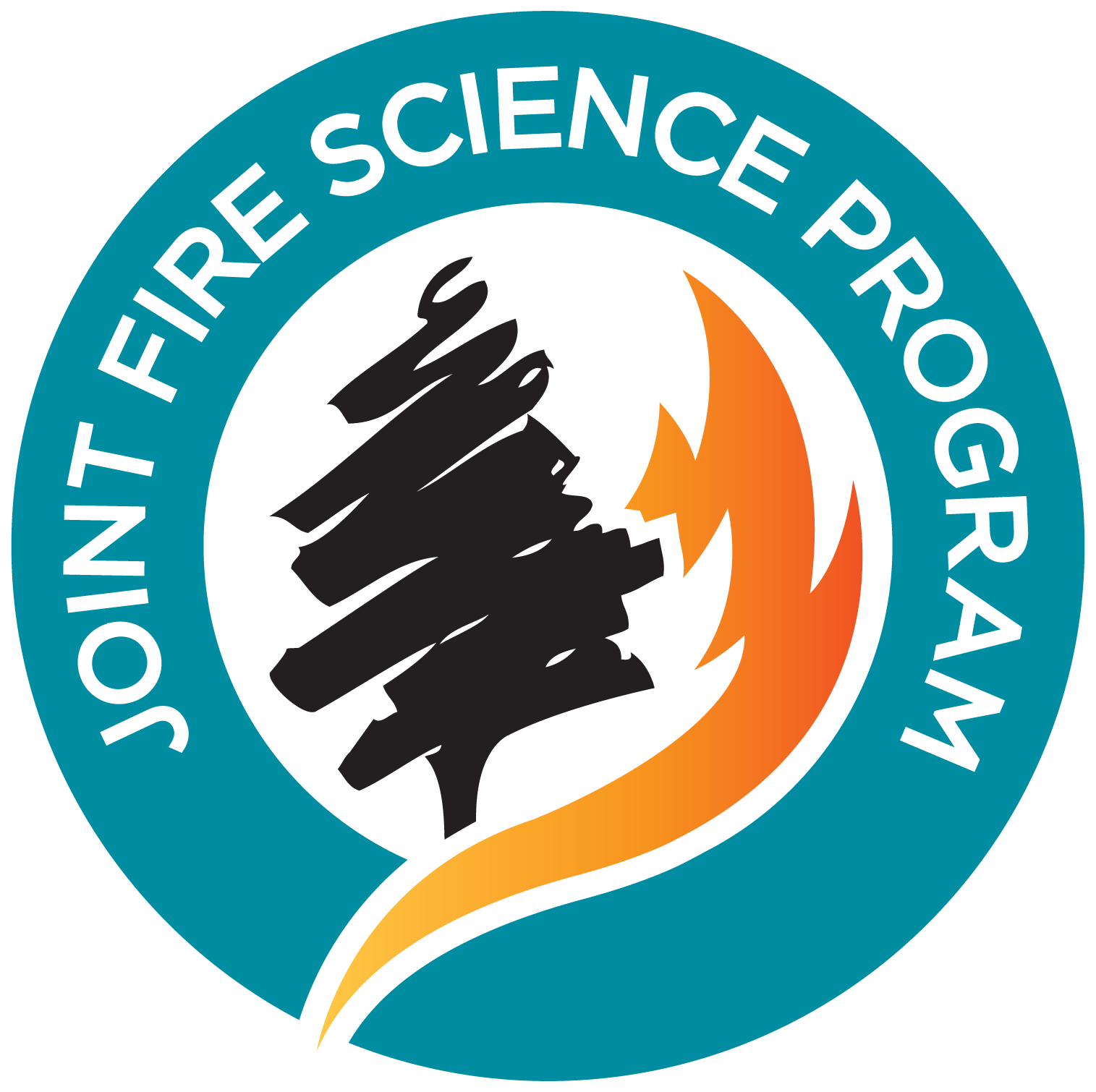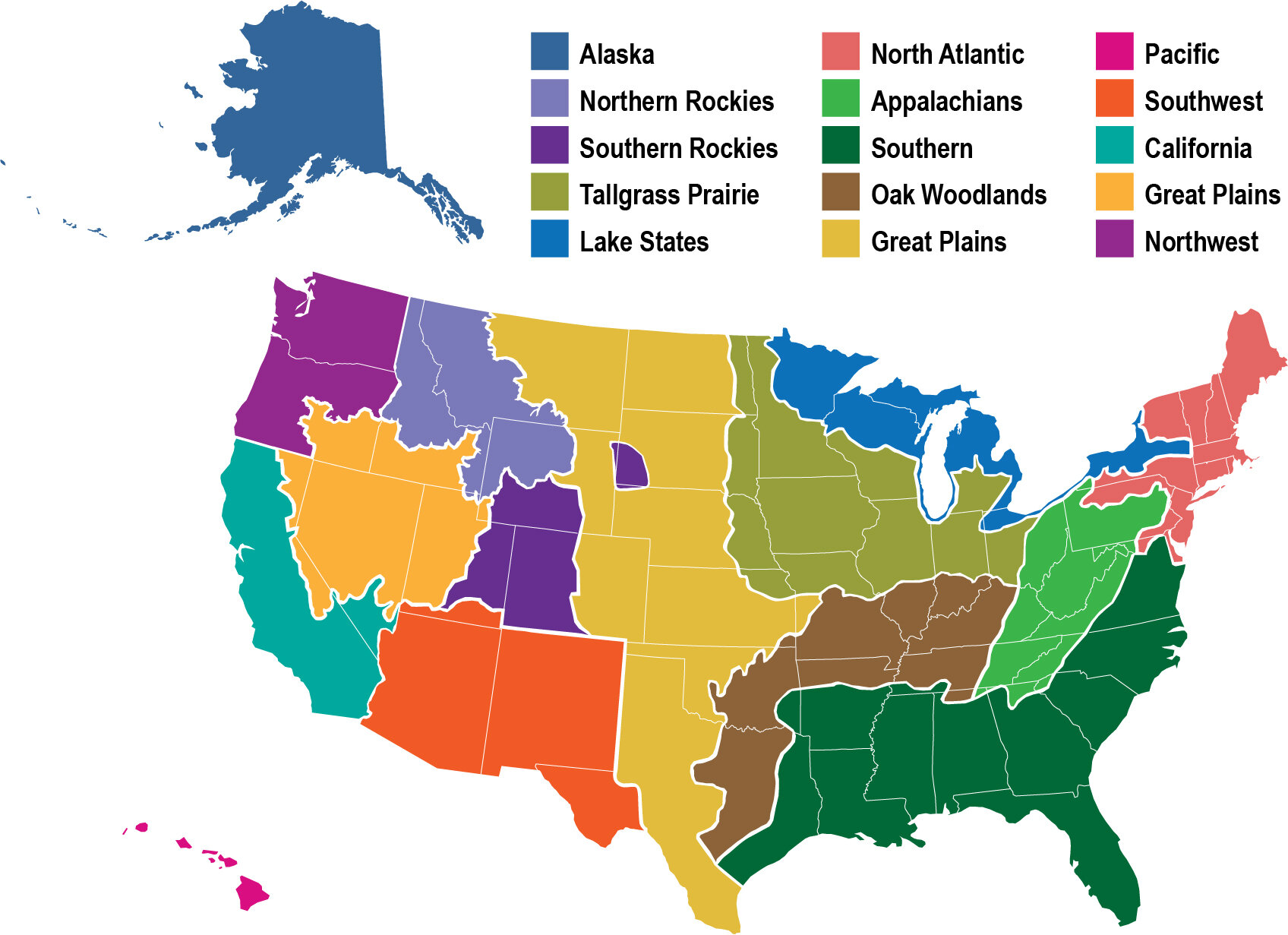About the Conference:
View Conference Website >
October 21-24, 2019 | Plymouth, MA
Defining Our Future with Wildland Fire – A New Paradigm
The wildland fire environment in the United States is undergoing profound ecological, social, and political changes. We are witnessing escalating wildland fire behavior, increasing risk to responders, significant losses of homes and property, dramatic growth in suppression costs, rising post-fire impacts, continued injuries and loss of lives, and more frequent fire occurrence in wildland-urban interface (WUI) areas causing significant losses to communities and economies. Some characterize these recent unprecedented events as the “new normal” or perhaps more accurately, the “new abnormal.”
There are many challenges ahead and much to learn. The differences between the environments of yesterday and tomorrow, and what is responsible for these differences must be understood. Recognition of the importance of wildland fire as a key component of healthy ecosystems deeply rooted in the mix of social, ecological, and management requirements is essential.
A paradigm is defined as “a typical example or pattern of something; a model.” Managing resources and fire as “typical” events or placing an over-reliance on past practices and “business as usual” on our landscape and in our communities cannot succeed in the rapidly changing environment of the future. As stakeholders, we must enthusiastically reject letting our recent experiences allow a future wildland fire paradigm to be shaped solely by unchecked fuel accumulation, larger and more intense wildfires, unacceptable fire behavior, and undesirable impacts to societal values.
We must continue to utilize sound science, actively support the principles and management options within the framework of the National Cohesive Wildland Fire Management Strategy and be proactive in our management practices and actions to address these mounting challenges. Only then can we expect to achieve our desired wildfire outcomes and establish a new paradigm of resilient landscapes, fire adapted communities and a safe and effective wildfire response.
The National Cohesive Strategy pushes us to challenge our current and historical approaches to our nation’s rapidly changing wildfire realities and reach beyond our jurisdictional borders to:
redefine and understand risk,
share and co-manage risk,
set large, landscape-level and community-wide priorities, and
collectively invest in an outcome-based approach to achieve resilient landscapes, fire adapted communities and a safe, effective wildfire response.
As we stand on the precipice of a new wildland fire paradigm, we have the opportunity to define it, not be defined by it.
The vision of the Cohesive Strategy is to safely and effectively extinguish fire, when needed; use fire where allowable; manage our natural resources; and as a Nation, live with wildland fire.
To maintain and strengthen meaningful progress towards this vision, the 3rd Annual National Cohesive Strategy Workshop will provide a forum unlike others for collaborative interaction. It will provide an innovative, shared-learning environment for exploration, discussion, understanding, brainstorming, connection and collaboration around the issues we must face to improve outcomes related to wildland fire. It will allow stakeholders to understand their roles and the opportunities for outcome-based approaches through continued and active implementation of the National Cohesive Strategy and how this will allow us to define a future with wildland fire as a key component of healthy ecosystems that meet social and management requirements.
Who should attend?
State, Federal and Tribal land managers, agency administrators and fire managers
Federal, State and Private planning specialists
Local planning officials
Emergency management and law enforcement personnel
Wildfire risk reduction and post fire recovery practitioners
County and city management
Utilities management
Insurance leaders
Workshop objectives
Describe and clarify what the Cohesive Strategy really means to the broad spectrum of stakeholders and what it will take to achieve meaningful progress toward the three goals.
Recognize the Tribal and historical use of fire and learn about incorporating this Traditional Ecological Knowledge into our programs today.
Use the lessons learned and issues highlighted from the 2017 and 2018 fire years to illuminate what’s no longer working in our wildland fire system and identify the paths forward that make progress towards a future defined by resilient landscapes, fire adapted communities and a safe, effective wildland fire response.
Explore changing our narrative about wildland fire: What is risk? How are we defining risk? How can we share it across stakeholders through co-management? Is the wildland-urban interface still our greatest challenge
Explore and identify how stakeholders can prepare for catastrophic wildfire events such as the 2018 Camp Fire and the 2017 Chimney Top 2 Fire.
Share stories, successes and lessons learned with your peers and non-traditional stakeholders about collaborative planning and implementation of Cohesive Strategy efforts. How are you addressing the need for prescribed fire? Air quality issues with smoke? Cross boundary, landscape-scale fuels treatments? Fire adapted communities? Post-fire impacts and recovery?
Highlight new technology and science-based advances and understanding that can help inform decision-making, risk assessments, risk reduction and fire management activities.



